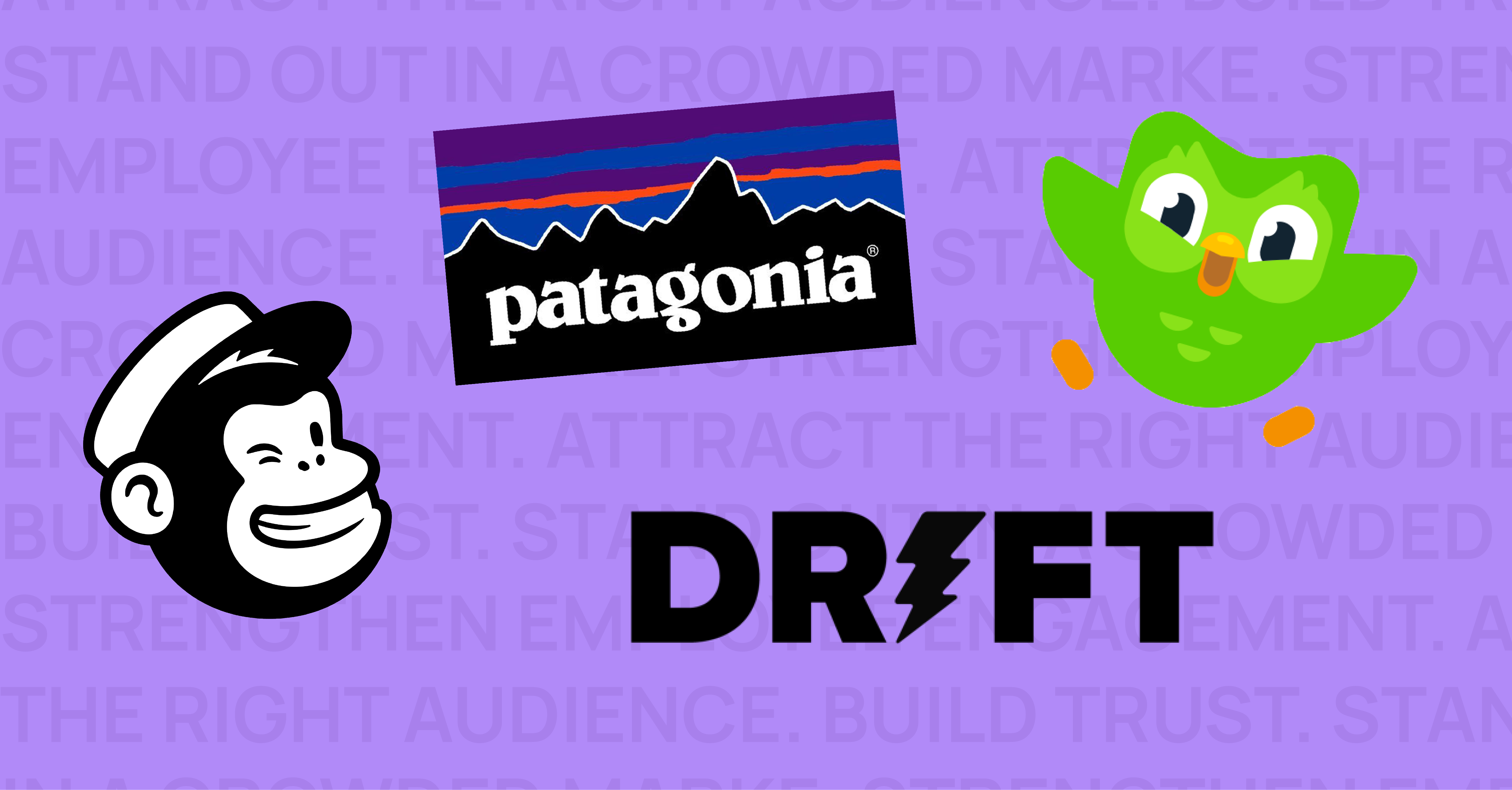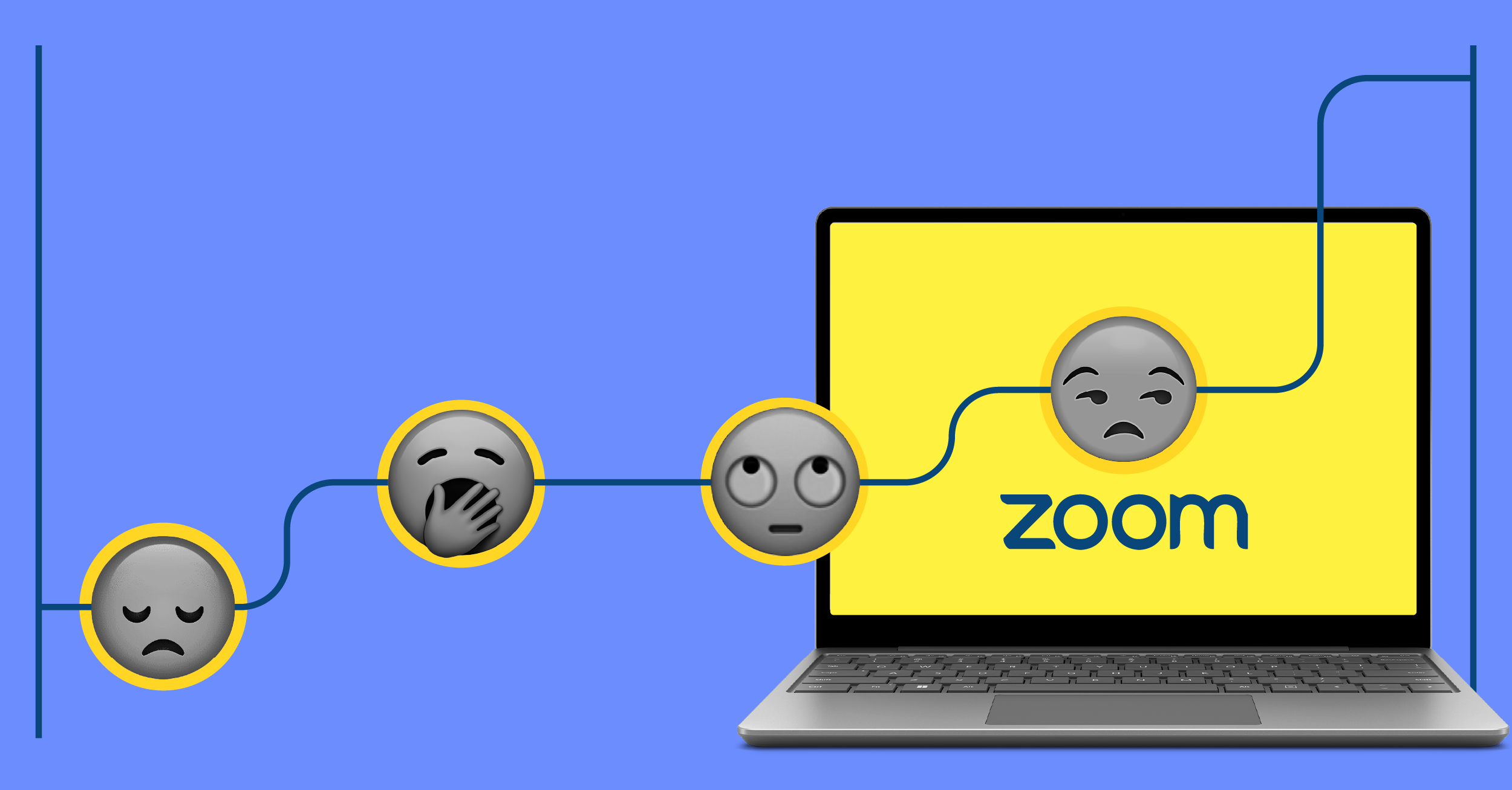The past few years have seen a number of crises hit major businesses in several different industries. This includes the auto industry (Volkswagen), restaurants (Chipotle), and most recently the online lending startup, SoFi. Many of us have probably thought “what were they thinking?” and been surprised that these companies did not handle their crises well.
In the most recent crisis, SoFi is currently dealing with claims of repeated sexual harassment and is facing a number of lawsuits. The company’s CEO announced his resignation as controversy around SoFi intensified.
Events like these remind us that a crisis can hit any organization at any time, and the key to success is preparation.
And yet, a majority of businesses are not properly prepared for a crisis. In a recent PwC survey, it suggests that organizations don’t always have a developed and clear crisis plan. For example, 57% of CEOs feel vulnerable because of an out-of-date plan. Likewise, 47% have an unclear definition of what exactly constitutes a crisis.
In this day and age, when news can go viral instantly, organizations need to be ready to respond to a crisis not only efficiently, but quickly too. Not all crises are created equal; each is different and presents a unique set of challenges. So, how can you and your company prepare? It is easier than you think – below are tactics to keep in mind to be ready when a crisis strikes.
- Understand your Risks: A vital part of a crisis management plan is understanding the risks that your organization faces. Once the risks are identified, take the necessary steps to correct the situation (if one is present), monitor the others, and plan out likely scenarios. Of course, some situations are unavoidable, but you’ll value the time your team took to determine the information needed, the initial steps, and how best to communicate the news.
- Reputation: Nearly every business is built on its values and reputation, a strong reputation can act like a buffer for any negative sentiments. While it cannot make bad news go away, building a good reputation can soften the fallout from a crisis. Methods to consider are having an active social media presence, developing relevant content marketing for your distribution channels, and an integrated PR strategy.
- Have a Plan: Once a crisis hits, things will happen quickly. Your organization will be ahead, at a great advantage, if you have a written plan on how to deal with a crisis and have taken the steps to know how to respond. Being prepared with a plan and knowing how to execute will allow you to act quickly and keep the situation from getting away from your business.
- Update, Update, Update: The world we live in is constantly changing, and the parts of a crisis plan can easily become outdated. The team changes, your communication channels change and your organization changes. It is a central to have a process in place to consistently review and update your crisis plan.
Those are four steps to consider. Implementing them cannot guarantee avoidance of a crisis, but they can help minimize the possibility of one and improve your chances of not becoming the latest “what were they thinking?” company.



